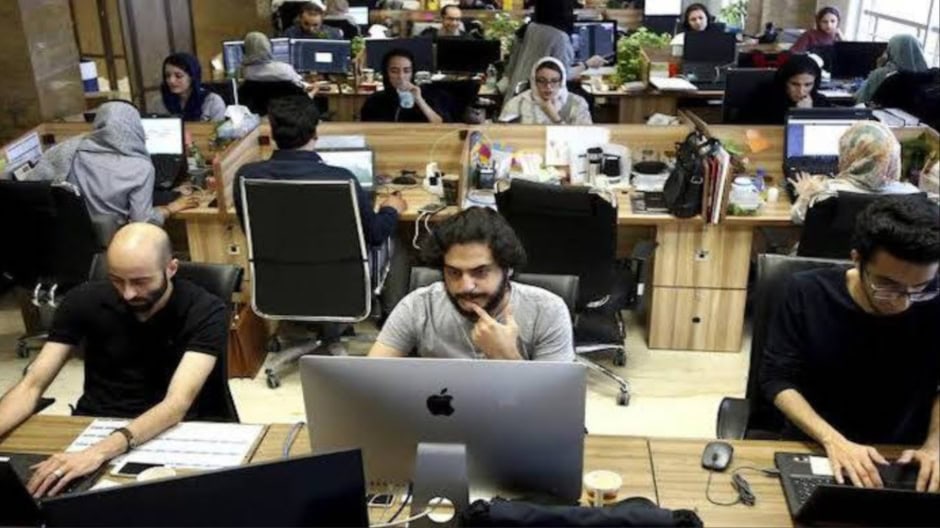In the first quarter of 2025, Pakistani startup funding saw a steep decline, marking one of the lowest investment periods in recent memory. According to data tracked by Invest2Innovate, startups in the country managed to raise just $196,000 across three deals — a number that underscores the cautious mood among investors. Notably, only one of these deals was publicly disclosed, involving a Rs55 million ($196,000) investment by Bank Alfalah Limited in fintech player Qist Bazaar as part of its Series A round. This sum represents a significant drop compared to previous quarters, even as the market slowly recovers from a funding drought.
The three startups that raised funds include Qist Bazaar, which operates in the fintech space; Chrio, a sports tech firm; and BusCaro, a female-led mobility startup. Among them, BusCaro stands out for being the only venture led by a woman founder this quarter — a positive shift in a landscape historically dominated by male entrepreneurs. The gender distribution of founders who secured funding in Q1 now stands at 2:1 in favor of men, a modest improvement toward inclusivity.
While Pakistani startup funding in Q1 2025 remains far from ideal, the situation has improved marginally compared to Q1 2024, when not a single deal was recorded due to a total funding freeze. The new year, though still shaky, may be turning a corner thanks to recent economic developments. Investor confidence, while still tentative, could begin to recover following Pakistan’s successful signing of two major agreements with the International Monetary Fund. These include a $1 billion tranche under the Extended Fund Facility and a $1.3 billion climate resilience loan.
A Global Comparison and a Glimpse Into What’s Ahead
Though the ecosystem is struggling, external factors are offering a mixed bag of influence. On a global scale, venture funding totaled $112 billion in Q1 2025, according to Crunchbase, with OpenAI alone raising a massive $40 billion. In stark contrast, Pakistan’s entire VC funding since 2015 has barely crossed the $1 billion mark. For context, India attracted $3.1 billion in Q1 2025 alone and has racked up a cumulative $161 billion in VC funding since 2014.
Macroeconomic instability remains a critical hurdle. While the State Bank of Pakistan has cut its policy rate to 12% in a bid to stimulate activity, the high cost of capital continues to discourage local investment in high-risk ventures. Economists predict rates may dip to 10% by year-end, but sustained venture activity hinges on broader structural stability. In the meantime, founders are becoming more resourceful. With VC checks harder to come by, many are pursuing impact investment, regional expansion to markets like the UAE and Saudi Arabia, and forming strategic partnerships with corporations to bridge the funding gap.
Despite the dim figures in Q1, experts remain cautiously optimistic that Pakistani startup funding could rebound in late 2025, provided that macroeconomic indicators improve, regulatory reforms advance, and domestic capital is mobilized. Until then, the ecosystem will likely continue to depend on resilience, adaptability, and long-term planning to stay afloat in a volatile funding landscape.

 3 min read
3 min read


















